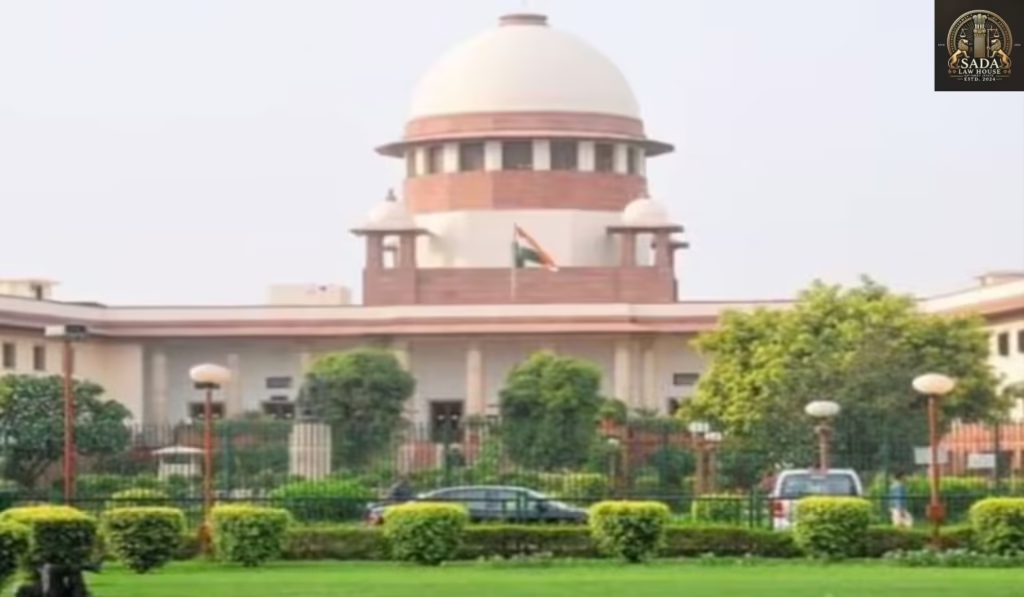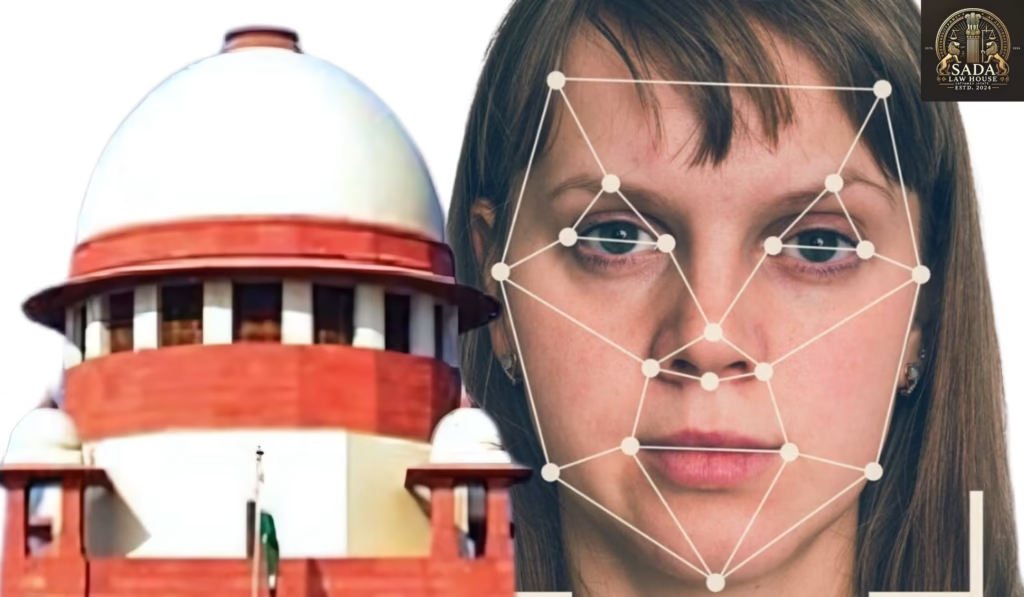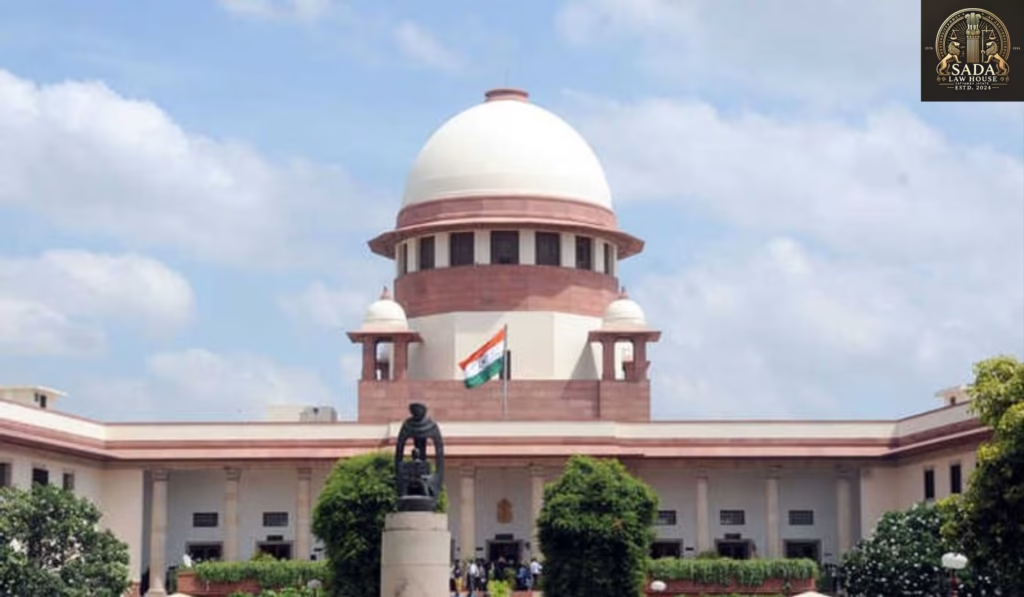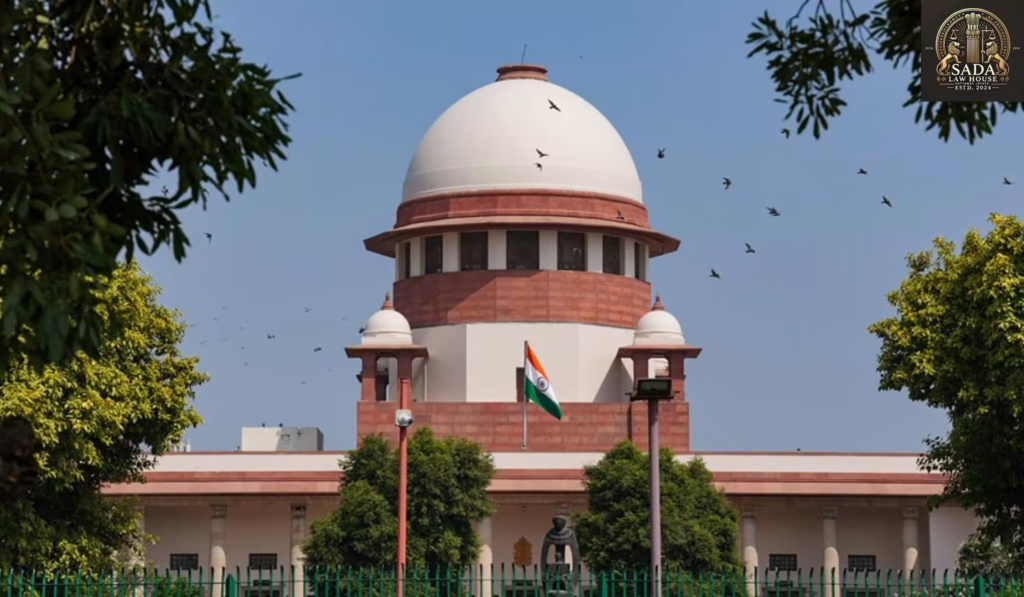Supreme Court Explores Whether Privacy Should Be a Civic Duty in India
Trending Today Supreme Court Explores Whether Privacy Should Be a Civic Duty in India Kerala High Court Rules Married Women Can Reclaim Streedhan Gold Without Strict Proof Kerala High Court Upholds Artistic Freedom in CBFC vs. JSK – Janaki v. State of Kerala LEGAL INTERNSHIP OPPORTUNITY AT BAROWALIA & ASSOCIATES, SHIMLA LEGAL JOB OPPORTUNITY AT NETFLIX, MUMBAI LEGAL JOB OPPORTUNITY AT DELHI INTERNATIONAL ARBITRATION CENTRE LEGAL JOB OPPORTUNITY AT KING STUBB & KASIVA LEGAL JOB OPPORTUNITY AT STEER WORLD LEGAL JOB OPPORTUNITY AT ADV PRANAV KRISHNA JOB OPPORTUNITY AT INDI-GENIUS CONSULTING INC Supreme Court Explores Whether Privacy Should Be a Civic Duty in India Kashish Jahan 10 JULY 2025 The Supreme Court is considering a groundbreaking petition that seeks to classify the Right to Privacy as not just a fundamental right but also a civic duty for all Indians. Learn how this could reshape digital behavior, laws, and social responsibility. Introduction: Privacy as a Shared Responsibility A new petition before the Supreme Court of India has sparked a crucial national debate: should the Right to Privacy be recognized not only as a fundamental right but also as a civic duty? The petitioner argues that the celebrated Puttaswamy judgment of 2017 rightly placed privacy under Article 21 of the Indian Constitution, but failed to impose any obligation on citizens to respect the privacy of others. The Digital Age: Why Legal Rights Alone Are Not Enough In today’s hyper-connected world, privacy violations are often committed by ordinary individuals, not just by the state. The petition highlights: Leaking of private photos Forwarding of personal chats without consent Spread of digital gossip via social media With the rise of AI tools that can manipulate content and the failure of tech platforms to curb misuse, the petitioner insists that citizen responsibility is essential to preserve digital dignity. Judicial View: Adapting the Constitution to Technological Change During the preliminary hearing, the Chief Justice’s Bench acknowledged that the Constitution’s framers could not have foreseen the threats of the digital era. The Court recognized that the concept of privacy must evolve “in both letter and spirit,” in light of modern technological and societal realities. Real-life incidents were cited where women became victims of viral leaks, facing lifelong trauma with no accountability for those who violated their privacy. Expanding Fundamental Duties: A Modern Need? India’s Constitution already includes Fundamental Duties, such as: Promoting national harmony Protecting public property Preserving the environment The petitioner argues that these were introduced in the 42nd Amendment and must be updated to reflect modern-day risks. Adding a duty to respect the privacy of others could reinforce ethical conduct both online and offline. What Comes Next: Legal and Educational Reforms? In response, the Supreme Court has issued a notice to the Union Government, seeking a detailed reply within four weeks. Legal experts suggest this could lead to: A constitutional amendment A new privacy-respect law passed by Parliament of India Integration of digital ethics in school curricula and public awareness campaigns This debate may also influence how digital literacy programs are designed and how privacy norms are enforced at the grassroots level. Conclusion: Toward a Culture of Digital Responsibility While the petition’s final outcome is yet to be seen, it has succeeded in shifting attention to the shared civic role in protecting privacy. For a country like India—one of the largest and most digitally active societies in the world—this could set a global precedent in balancing individual rights with collective responsibilities. The next hearing will be critical in determining whether the Right to Privacy will also be legally recognized as a duty in India’s digital democracy. Leave a Reply Cancel Reply Logged in as Sadalaw. Edit your profile. Log out? Required fields are marked * Message* Live Cases Supreme Court Explores Whether Privacy Should Be a Civic Duty in India Sadalaw • July 10, 2025 • Live cases • No Comments Kerala High Court Rules Married Women Can Reclaim Streedhan Gold Without Strict Proof Sadalaw • July 10, 2025 • Live cases • No Comments Kerala High Court Upholds Artistic Freedom in CBFC vs. JSK – Janaki v. State of Kerala Sadalaw • July 10, 2025 • Live cases • No Comments 1 2 3 … 5 Next »
Supreme Court Explores Whether Privacy Should Be a Civic Duty in India Read More »










